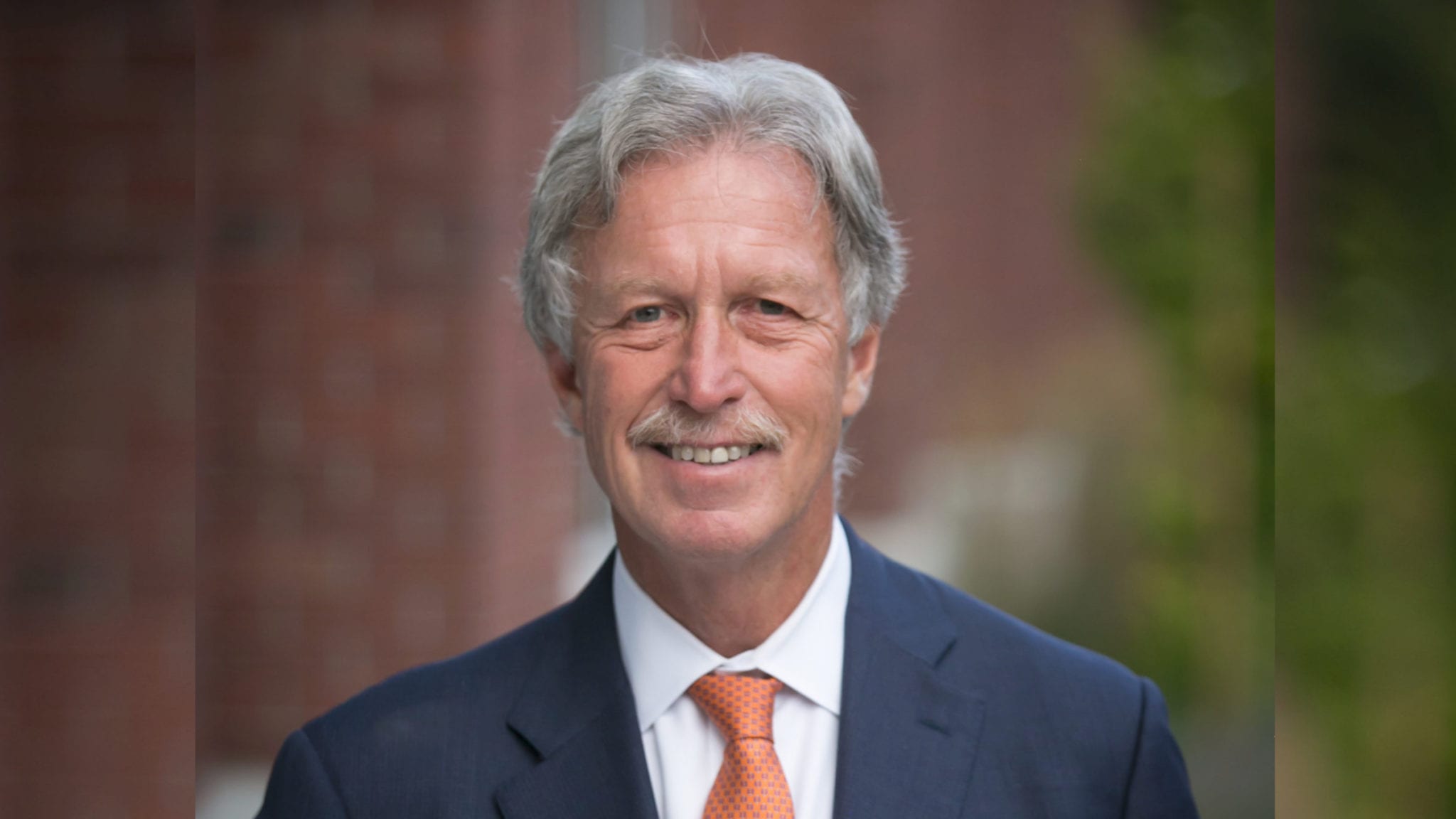
Once a high flyer, a staggering Aduro is auctioning off most of the pipeline as CEO Stephen Isaacs hands off the shell to new owners
After a drumbeat of failure, setbacks and reorganizations over the last few years, Aduro CEO Stephen Isaacs is handing over his largely gutted-out shell of a public company to another biotech company and putting up some questionable assets in a going-out-of-business sale.
Isaacs —who forged a string of high-profile Big Pharma deals along the way — has wrapped a 13-year run at the biotech with one program for kidney disease going to the new owners at Chinook Therapeutics. A host of once-heralded assets like their STING agonist program partnered with Novartis (which dumped their work on ADU-S100 after looking over weak clinical results), the Lilly-allied cGAS-STING inhibitor program and the anti-CD27 program out-licensed to Merck will all be posted for auction under a strategic review process.
Unlock this article instantly by becoming a free subscriber.
You’ll get access to free articles each month, plus you can customize what newsletters get delivered to your inbox each week, including breaking news.